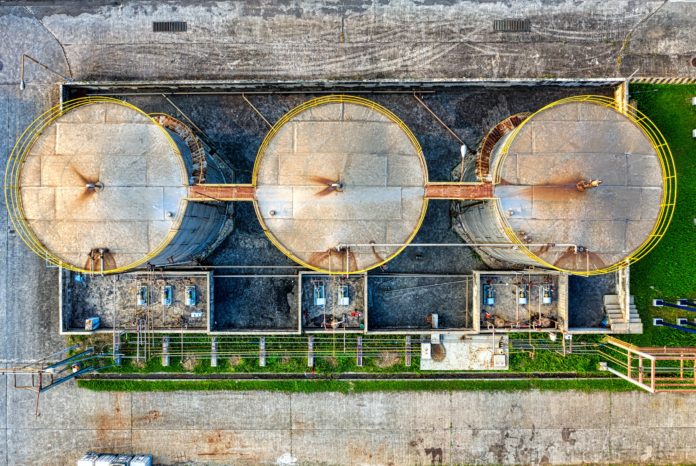Mineral Resources and Energy Minister Gwede Mantashe says the African continent should not be dictated to when it comes to the pace of its energy transition.
This as a R150 billion funding deal from rich countries to help fund South Africa’s transition from coal hangs in the balance.
In an address to the 2022 Africa Oil Week in Cape Town on Tuesday, Mantashe said the war in Ukraine has hit developing economies with high energy costs, along with increasing food prices and interest rates.
He said the climate change question “sits uncomfortably with energy poverty”, adding that the pressure on African economies to decarbonise quickly will expose it to the risk that its people will not have access to reliable and affordable energy if handled with haste.
“We have seen the increase of coal purchasing from us to EU growing eight-fold, 780%. As they take our coal, they at the same time tell us to move out of it quickly. That is a contradiction that Africa must look at,” he said.
“Transition from high carbon to low carbon emission must be managed systematically. It must include support and use of gas and renewable energy and other energy sources, while at the same time scaling down our country’s previous over-reliance on coal.”
Referring to civil society groups and environmental activists outside the Oil Week venue in Cape Town, Mantashe said: “I see the protests outside this venue that said ‘fossil fuels a killer’, but I can tell you that hunger kills faster”.
South Africa is heading into a crucial stage of negotiations to get $8.5 billion (~R152 billion) in funding from the US, UK, France, Germany and the EU to fund Eskom’s transition away from coal.
But talks have been fraught, and the deal may hang in the balance, amid reports of disagreements about South Africa’s plans for the money – which include spending on electric vehicles.
In a further blow, a key figure in the negotiations, the respected head of Eskom’s energy transition department, Mandy Rambharos, resigned last week.
Refinery capacity
Mantashe noted the “gradual withdrawal of major oil companies in Africa’s downstream sector, particularly refining”, at a time of new oil discoveries in Africa – including off the coast of South Africa.
“We cannot be an import destination for refined products when our continent is endowed with crude oil. Imported refined products risks our economies. They expose us to unreliable supply. They adversely force us to invest in import infrastructure, not domestic processing.”
In recent months, South Africa lost much of its refinery capacity, with BP and Shell closing the country’s biggest crude oil refinery, Sapref. Mantashe welcomed the “imminent” reopening of the Glencore-owned Astron refinery in Cape Town.
“When it closed due to an accident [in 2020, when an explosion killed two people], it ran on west African crudes, and we expect it to continue where it had left off. This reopening will boost security of supply to the region.”
Mantashe said that attempts of the European Union to move away from Russian gas imports are an opportunity for Africa’s oil and gas to earn income through exports into Europe.
Mantashe noted that the energy sector remains fragmented in South Africa, without an equivalent body like the Minerals Council of South Africa, which represents mining companies. He says the fragmentation makes them more to “hostile” lobbies.
Secretary-general of the Africa Petroleum Producers Organisation Omar Farouk Ibrahim said the organisation was not opposed to the energy transition, but that it had to be done with due consideration to socioeconomic development on the continent.
Ibrahim said it was not equitable to subject African economies to stringent energy transition targets while European nations reverted to non-renewables when the transition was no longer economically convenient for them due to Russia restricting the region’s access to its gas.
News24


